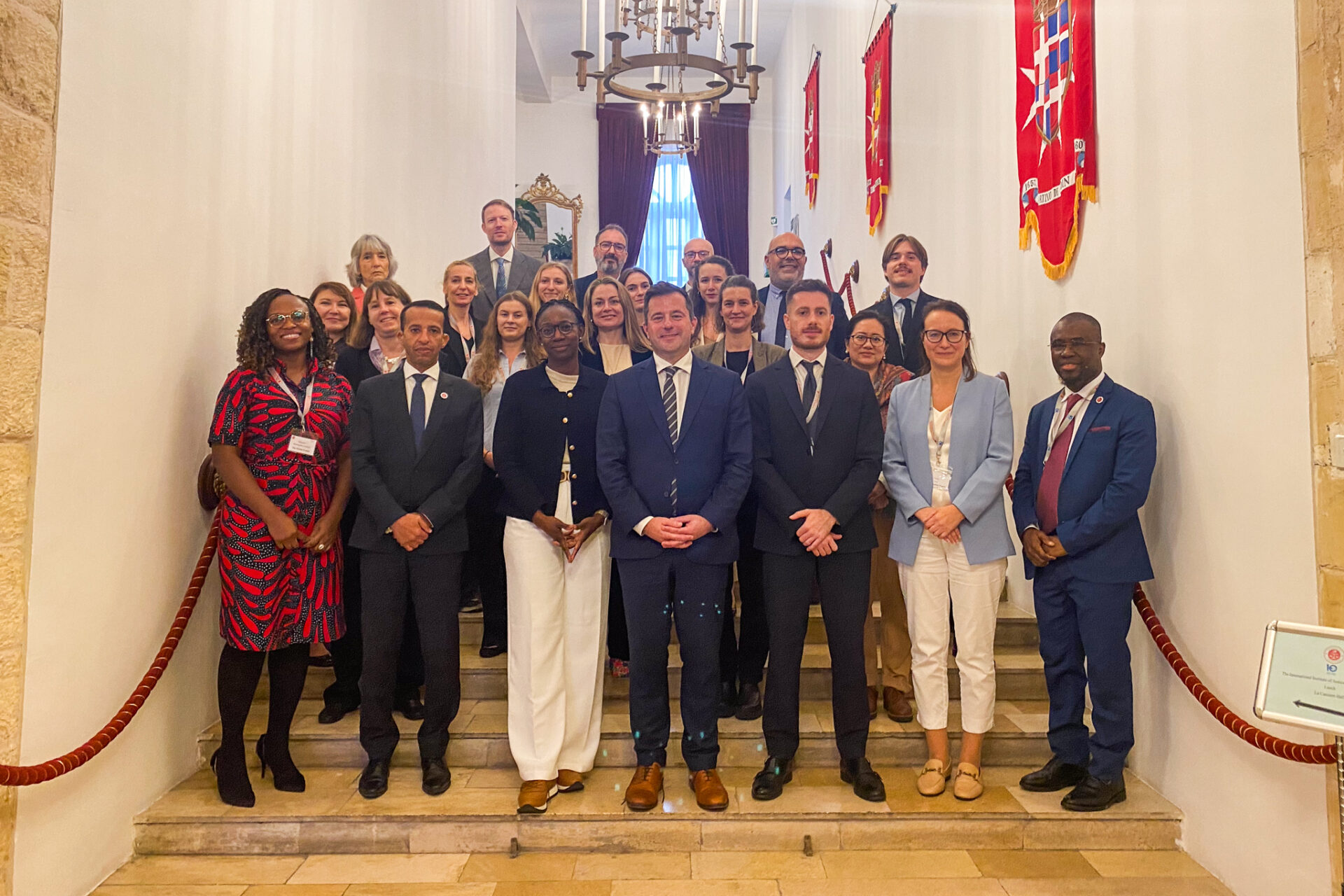
A Turning Point in Justice: Addressing Sexual Violence in the Context of Terrorism
What does justice look like for survivors of sexual and gender-based violence (SGBV) in the shadow of terrorism? At the IIJ Policy Roundtable on Advancing Justice Responses for SGBV Linked to Terrorism, over 40 global experts and frontline practitioners came together to answer this pressing question. Hosted in Malta with support from the Government of Switzerland, this groundbreaking dialogue unearthed bold solutions for one of the world’s most pervasive and complex challenges.
The conversations were raw and urgent, with survivors’ needs at the heart of every discussion. From Sudan to the Lake Chad Basin, experts painted a harrowing picture of how conflict and extremism exploit gender inequality. Yet, they also shared real hope: survivor-centered justice is not only possible—it’s already happening.
Highlights included strategies to break silos between international courts and grassroots organizations, using tech to combat the rise of online-facilitated sexual violence, and challenging entrenched patriarchal norms that silence victims. “Accountability exists on a spectrum,” said one expert, emphasizing the need for reparations, transitional justice, and structural change alongside legal prosecutions.
Participants also explored how terrorist groups manipulate digital platforms to livestream abuses, how societal shame often keeps male survivors silent, and how fragmented laws can fail those most in need. But they also showcased emerging solutions: cumulative charging to address intersecting crimes, trauma-informed systems to empower survivors, and new concepts like “gender apartheid” that could reshape global accountability standards.
“We must listen to survivors—not just their pain, but their resilience,” one participant urged. “This isn’t just about punishing perpetrators; it’s about giving survivors back their dignity and agency.”
As the roundtable concluded, it left behind a collective call to action: to challenge the systems that perpetuate impunity, innovate boldly, and push for survivor-centered justice, no matter how complex the path.
This roundtable was more than a conversation; it was the continuation of a movement towards ending impunity for victims of sexual violence linked to terrorism.
